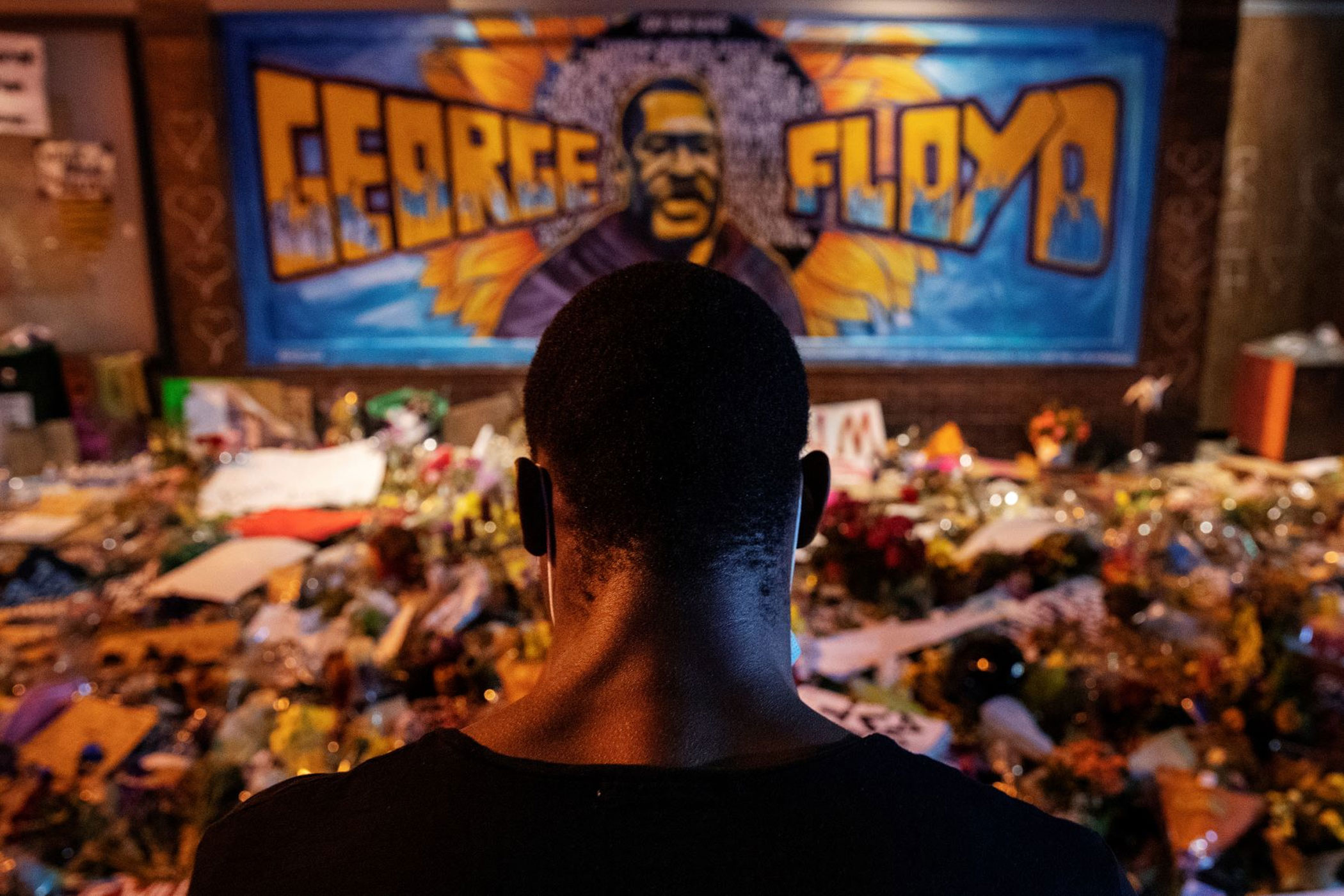Lessons to learn from Bangladeshi teen’s death in New York

The tragic death of Win Rozario in New York—a 19-year-old Bangladeshi immigrant shot by police during a mental health crisis—serves as a painful reminder of the systemic issues plaguing encounters between law enforcement and minority communities in the United States. His story, while unique, reflects a broader narrative of misunderstanding, fear, and fatal outcomes that often characterise these interactions, particularly for those experiencing mental distress.
A report by the Ruderman Family Foundation highlights a stark reality: nearly half of the people killed by police have a disability, indicating a deep-seated issue in the police response to mental health crises. This data not only sheds light on the frequency of such encounters but also on the lack of appropriate care and understanding in handling individuals in distress.
The two issues, of police shootings and mental illness, are intertwined in a problematic manner. In general, those with untreated mental disorders are 16 times more likely to die at the hands of the police than other people, according to the Treatment Advocacy Center, an advocacy nonprofit.
The case of LaQuan McDonald in Chicago, a black teenager with PTSD killed by police while behaving erratically, underlines the lethal consequences of misinterpreting mental health symptoms as threatening. Similarly, Ethan Saylor's death, a young man with Down syndrome who died during a physical altercation with off-duty officers over a misunderstanding, further exemplifies the critical need for police to differentiate between non-compliance due to disability and actual threats to safety.
These recurring incidents underline a crucial theory in criminology and psychology: the intersectionality of race, disability, and policing. Studies suggest that biases and preconceived notions often influence police perception and reaction, leading to disproportionately aggressive responses towards individuals from minority and disabled communities.
In order to constructively address this prevalent problem, self-advocacy and knowledge is a must. Communities must arm themselves with knowledge about their rights and available resources, promoting self-advocacy and preparedness in interactions with law enforcement.
Secondly, community-based crisis intervention must be overhauled. Developing local, non-police response teams, trained in mental health and de-escalation techniques, can offer a compassionate alternative to traditional police intervention.
And engaging in community activism and dialogue with law enforcement agencies to advocate for systemic reforms and accountability in police training and practices. This includes the essential step of holding law enforcement accountable through legal avenues, ensuring that unjust actions are challenged in court to prevent shoddy justifications and ensure justice.
For law enforcement, specialised training should be non-negotiable at this point. Enhanced training in mental health awareness, cultural competency, and de-escalation tactics is essential to equip officers with the skills to handle crises appropriately.
For further preparation of circumstances like Rozario's, law enforcement should invest in collaborative response models. Integrating mental health professionals into crisis response teams, akin to Phoenix's Crisis Intervention Team, can provide the specialised care needed during mental health emergencies.
Lastly, and most importantly, there should be a great deal of transparency and accountability. Building trust with the community requires law enforcement to be transparent about their actions and accountable for their conduct, especially in fatal encounters.
In remembering Win Rozario, it's vital to reflect on the broader implications of his death and the countless similar tragedies. His dream of joining the US military will remain forever unfulfilled due to systemic barriers. The tragedy mirrors the thwarted aspirations of many in minority communities, further exacerbating the sense of injustice and loss.
As we navigate these complex and often painful realities, the lessons we glean from such tragic encounters must fuel our collective pursuit of a more just, empathetic, and effective approach to public safety. By fostering a culture of understanding, respect, and shared responsibility, we can aspire to a society where the legacy of individuals like Win Rozario inspires positive change, ensuring that calls for help are met with support rather than violence.
In this spirit of reflection and action, we honour Win Rozario's memory by committing to transform the way society and law enforcement perceive and interact with those in mental health crises, especially within our most vulnerable communities. It is imperative that affected families and communities challenge injustices in the courts, ensuring accountability and driving home the message that loss of life cannot be met with indifference or insufficient justifications.
Mohammad A Auwal is professor of communication studies at California State University, Los Angeles.
We welcome your contributions and analysis of global events. To submit articles to our weekly page, Geopolitical Insights, please send an email to ramisa@thedailystar.net
Follow The Daily Star Opinion on Facebook for the latest opinions, commentaries and analyses by experts and professionals. To contribute your article or letter to The Daily Star Opinion, see our guidelines for submission.




 For all latest news, follow The Daily Star's Google News channel.
For all latest news, follow The Daily Star's Google News channel. 

Comments